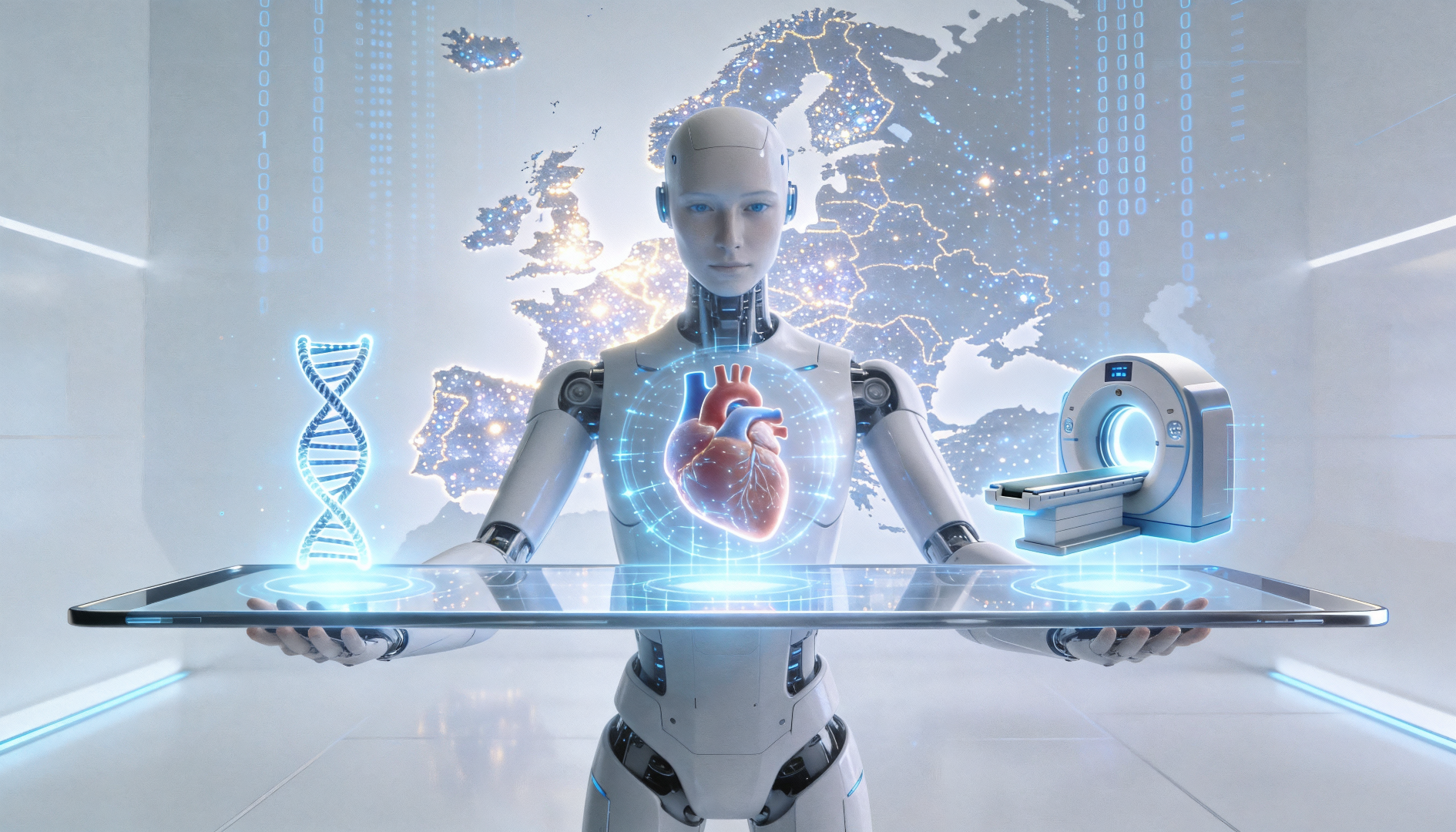Review of the Policy & Science Forum: “Health Data – The Foundation of EU Competitiveness and Innovation Potential”
n September 18, 2025, the Faculty of Electrical Engineering and Computing of the University of Zagreb (FER) hosted the highly significant Policy & Science Forum, organized by Health Hub with the partnership support of IEEE Croatia Section, FER, and HL7. The event brought together local and European experts, representatives of the healthcare industry, healthcare professionals, and policymakers in the field of health data. The central focus of the Forum was the strategic importance of health data as the foundation of a modern, resilient, and innovation-driven healthcare system. Discussions revolved around key issues such as interoperability, data ethics and security, the role of artificial intelligence and digital tools in the transformation of healthcare delivery, and the opportunities for positioning Croatia and the broader region as leaders in implementing the European Health Data Space (EHDS) initiative.
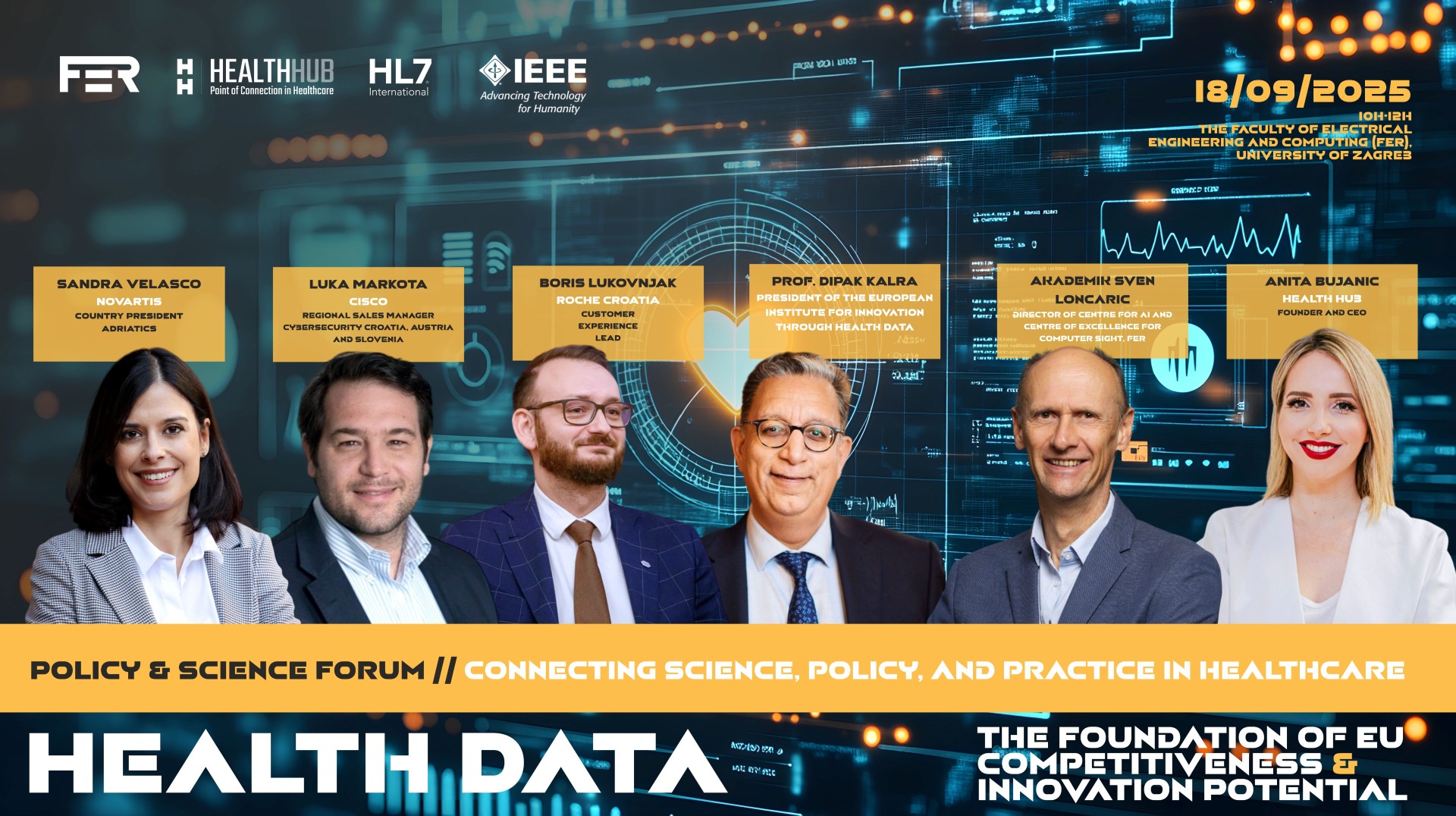
The event was given particular weight by the participation of Professor Dipak Kalra, President of the European Institute for Innovation through Health Data (i~HD) and one of the most influential international experts in the field of electronic health record interoperability and secondary use of health data. Professor Kalra, who began his career as a general practitioner in London, has for decades been shaping global standards and policies for the safe and effective use of health data. His keynote lecture, “The Importance of Health Data Quality in AI Applications”, attracted great interest from both the academic and professional community. In his address, he emphasized that data quality is essential for the development of trustworthy and ethically sound artificial intelligence in healthcare, warning of the risks of bias and inaccuracies that could jeopardize patient safety and public trust. He stressed that only through systematic quality assurance, validation of datasets, and transparency of models can the full potential of AI solutions be realized, accelerating the translation of scientific discoveries into clinical practice while safeguarding citizens’ fundamental rights.
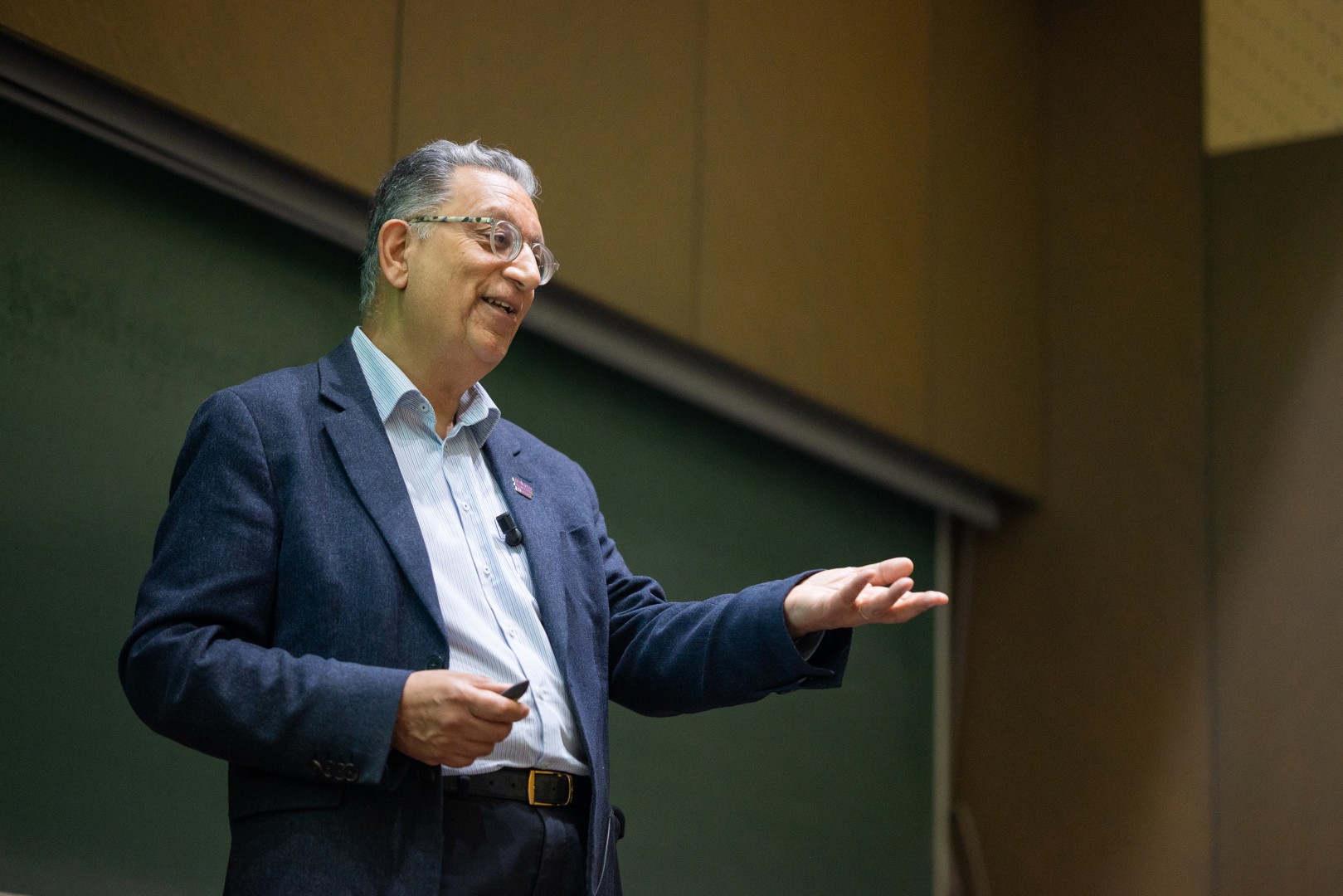

Following the lecture, a panel discussion took place, moderated by Anita Bujanić, founder and CEO of Health Hub, a think tank dedicated to healthcare and health policy. Panelists included Academician Sven Lončarić, Head of the Artificial Intelligence Center at FER and one of Croatia’s leading experts in machine learning and computer vision, Sandra Velasco, Country President Adriatics at Novartis, Boris Lukovnjak, Customer Experience Lead at Roche Croatia, and Luka Markota, Regional Sales Manager for Cybersecurity in Croatia, Austria, and Slovenia.
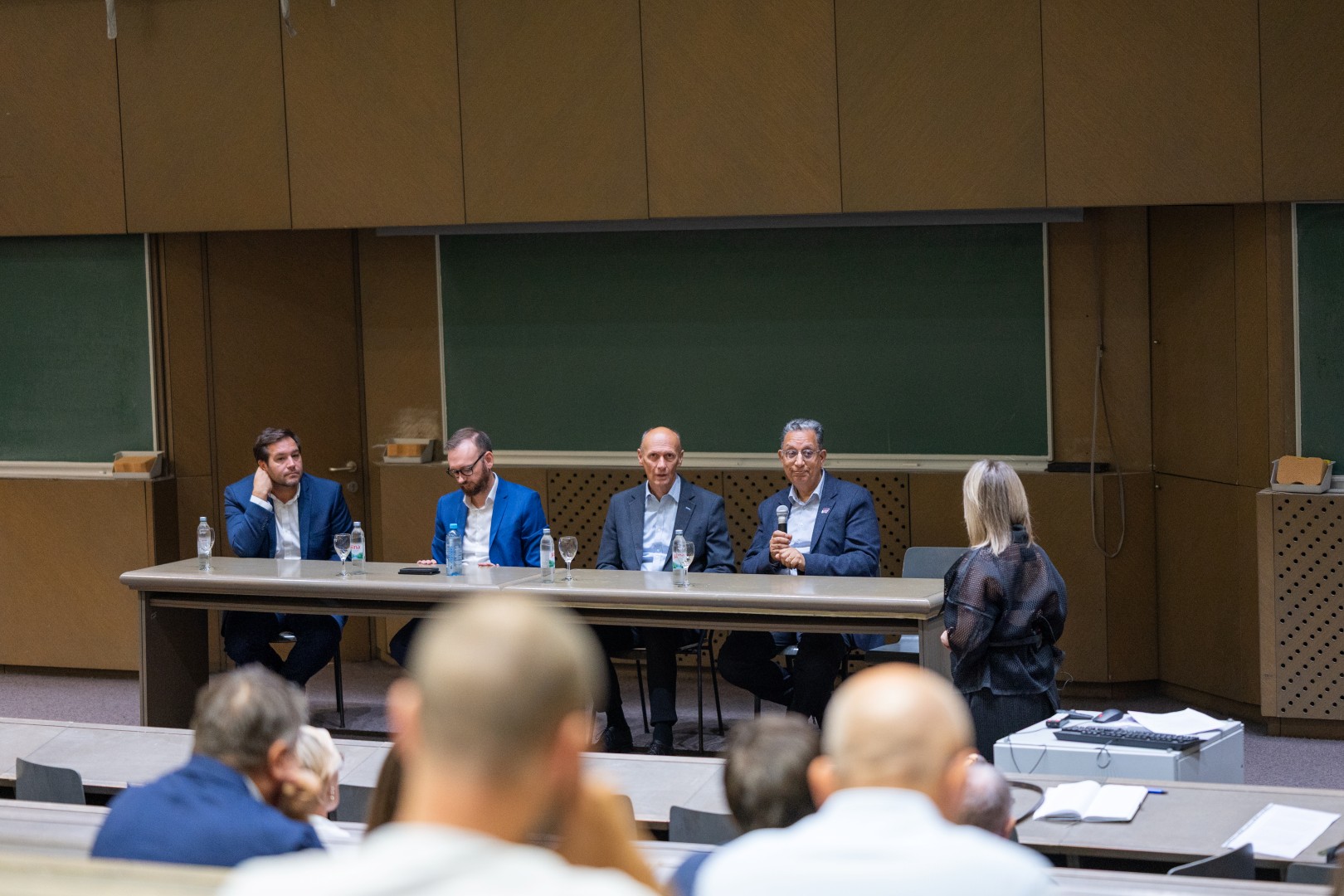
From their respective perspectives, panelists discussed how health data can accelerate innovation, what obstacles still remain on the path to full interoperability within the EU, how to align regulation with practice, and how to build a system that ensures equitable access to innovative therapies and digital solutions for all patients.
The discussion also opened a broader strategic debate on building resilient healthcare systems in the post-COVID era, in which it has become clear how critical data infrastructure is for making rapid, informed decisions. Panelists agreed that cross-sectoral collaboration – involving IT specialists, data scientists, AI researchers, and clinical experts – is indispensable for the future of healthcare. Equally important is the inclusion of patients in decision-making processes and systematic investment in their digital and data literacy. Only through this approach can the full potential of data-driven healthcare be realized, delivering benefits at the human, economic, and clinical levels.
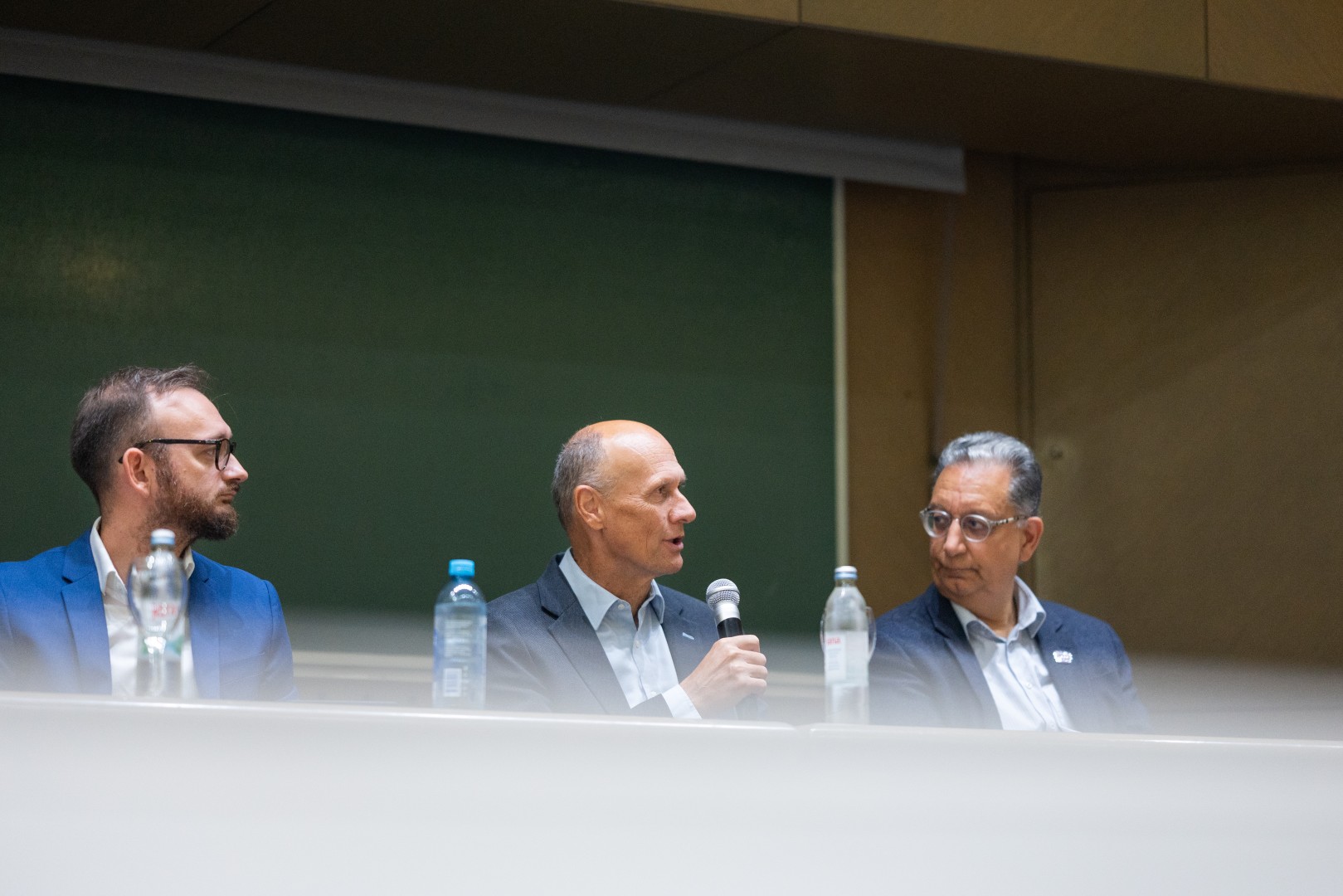
In conclusion, the Forum highlighted that Croatia has a genuine opportunity to take on a leadership role in the region in implementing the EHDS and developing interoperable solutions that can serve as models of good practice. Recommendations included accelerating investment in data infrastructure and national repositories, harmonizing GDPR interpretations to enable cross-border data exchange, and fostering public–private partnerships to develop innovative solutions and outcome-based financing models. The Forum also underscored the need to strengthen the digital and data literacy of healthcare professionals and patients to build trust and encourage active participation in the transformation of healthcare systems.
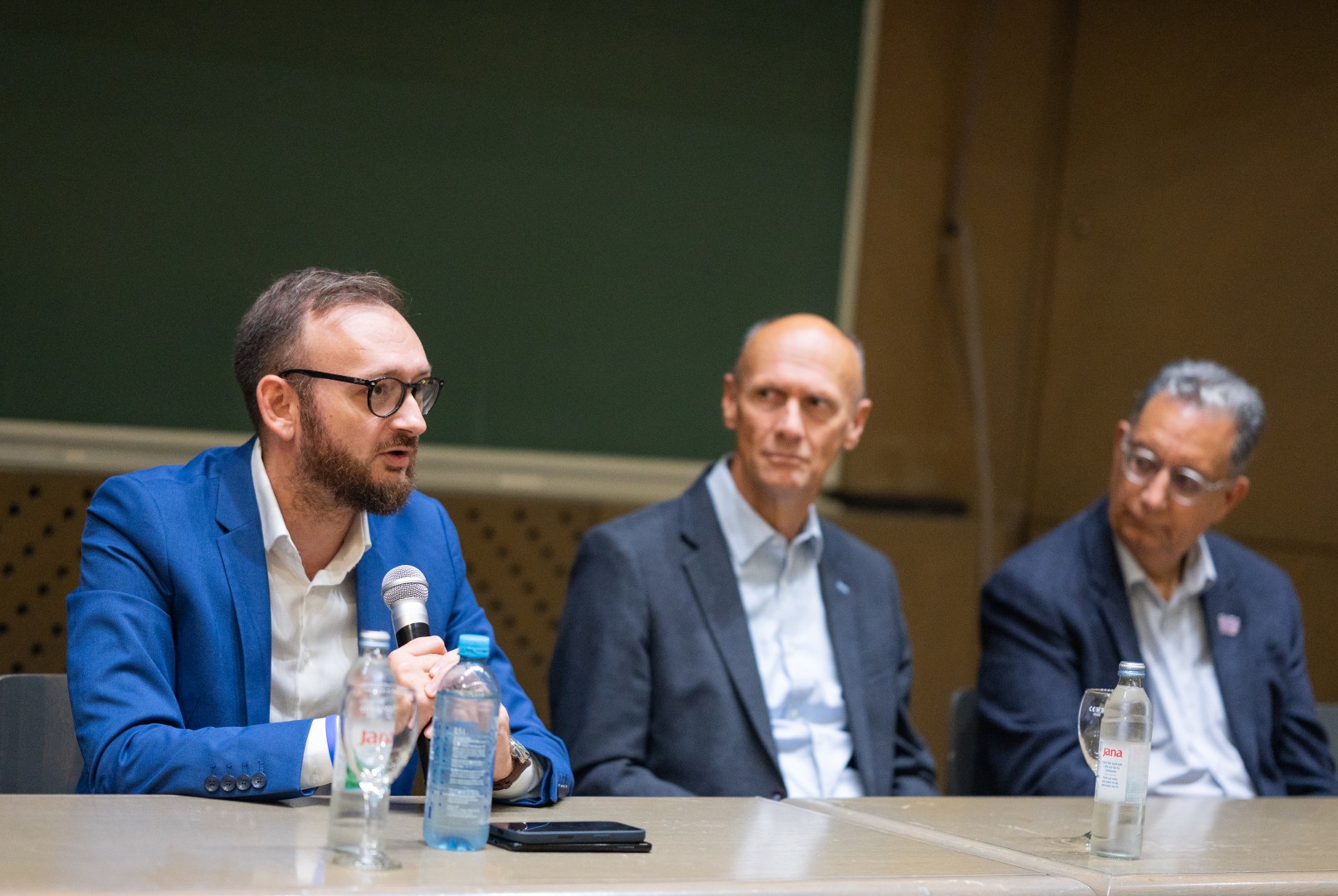
Through this Forum, Health Hub once again confirmed its role as a unique think tank in the region and a true spiritus movens in fostering continuous dialogue among stakeholders. By building strategic partnerships, supporting events of this kind, and initiating interdisciplinary and multisectoral discussions, Health Hub ensures that these conversations do not take place sporadically but continuously, with the aim of bringing together all key actors of the healthcare ecosystem and laying the foundations for systemic and sustainable change.
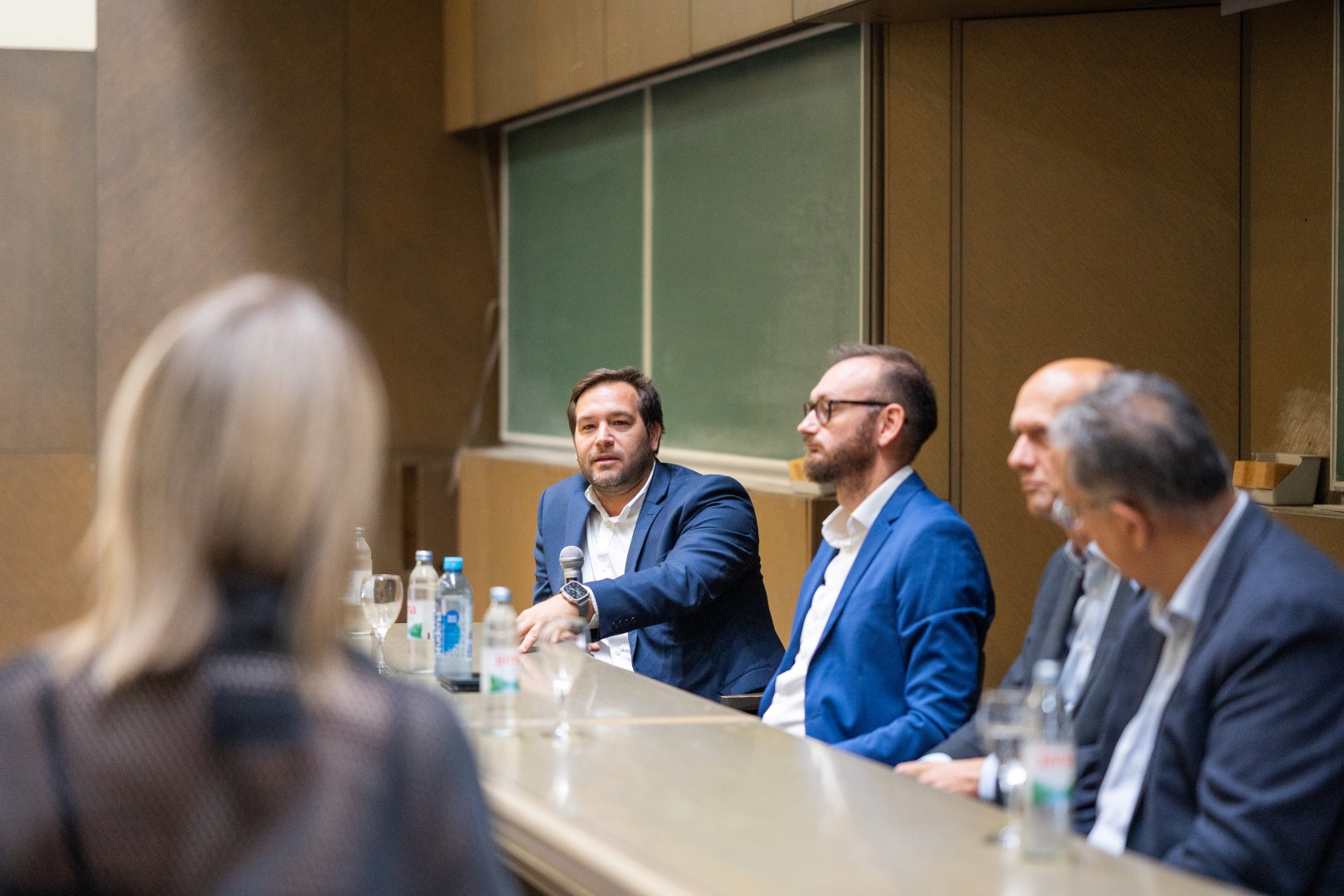
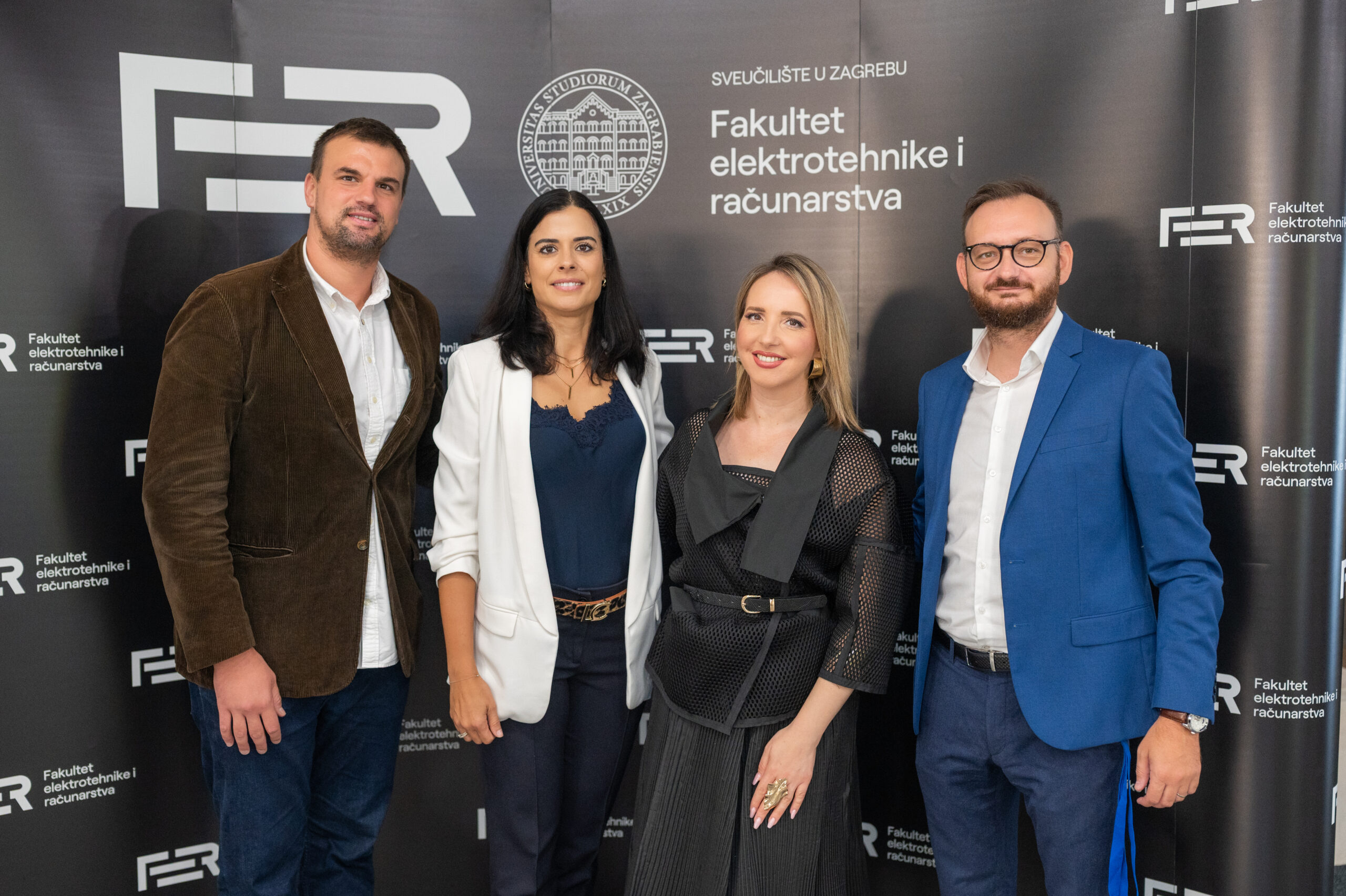
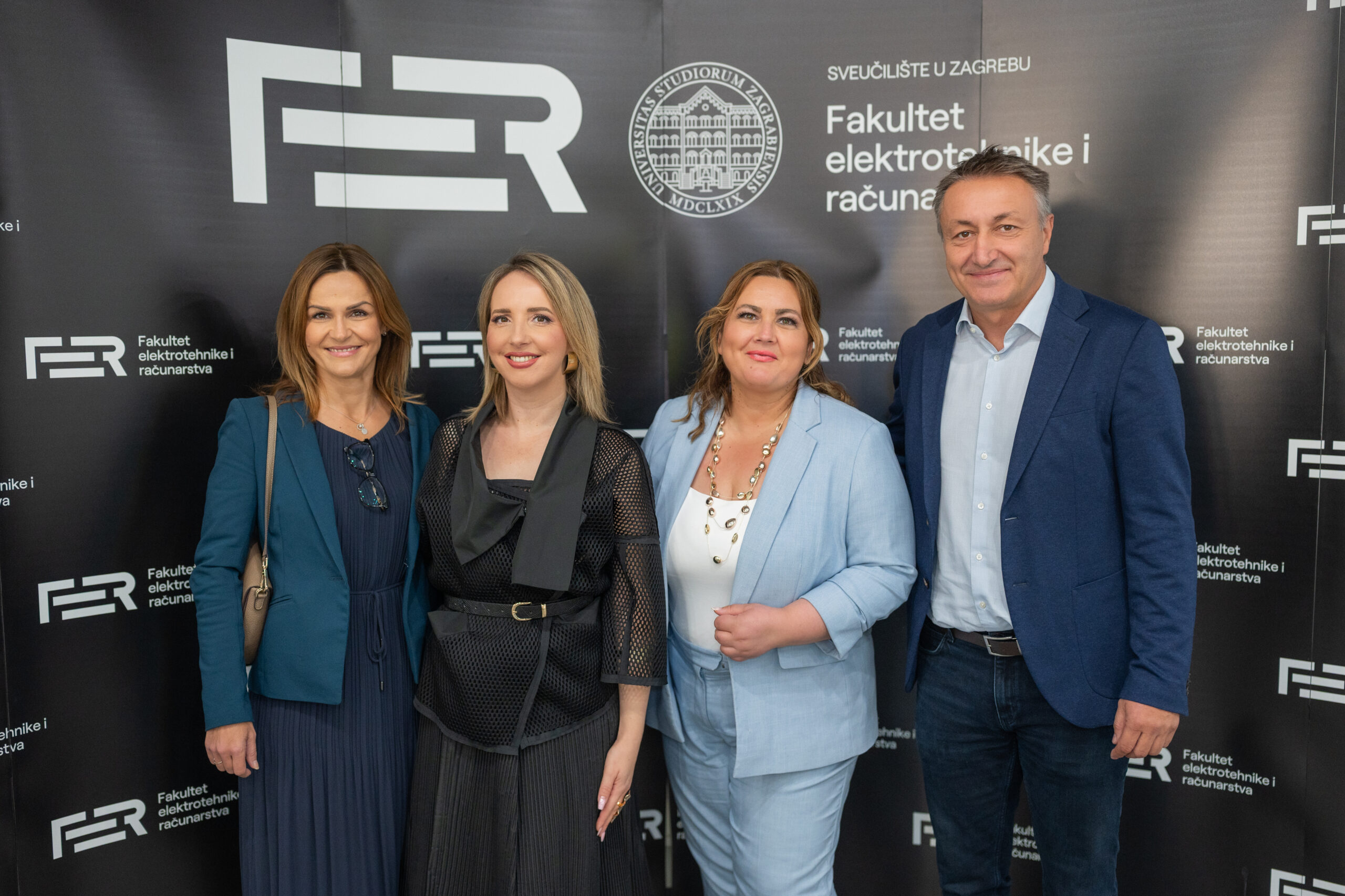
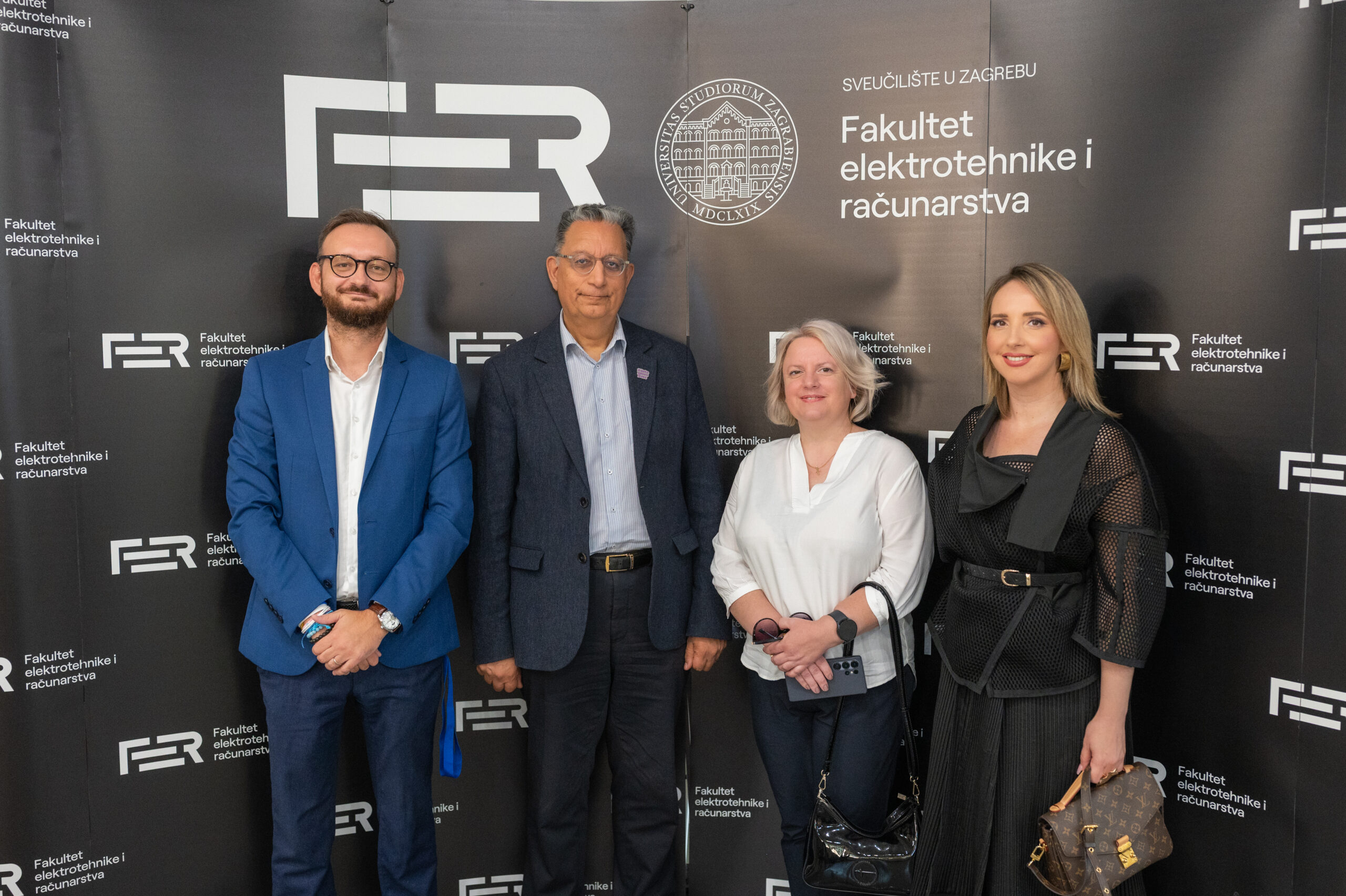
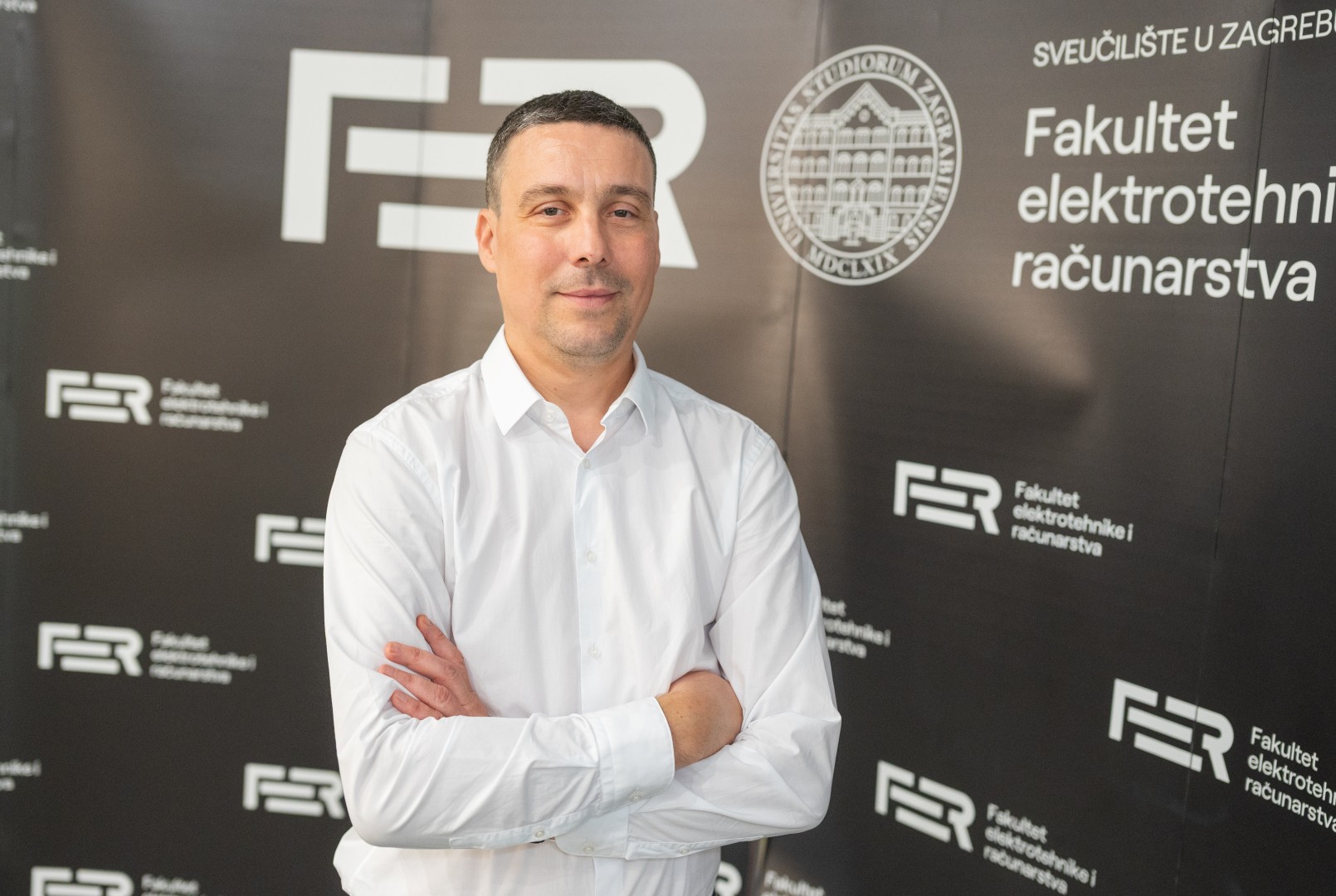
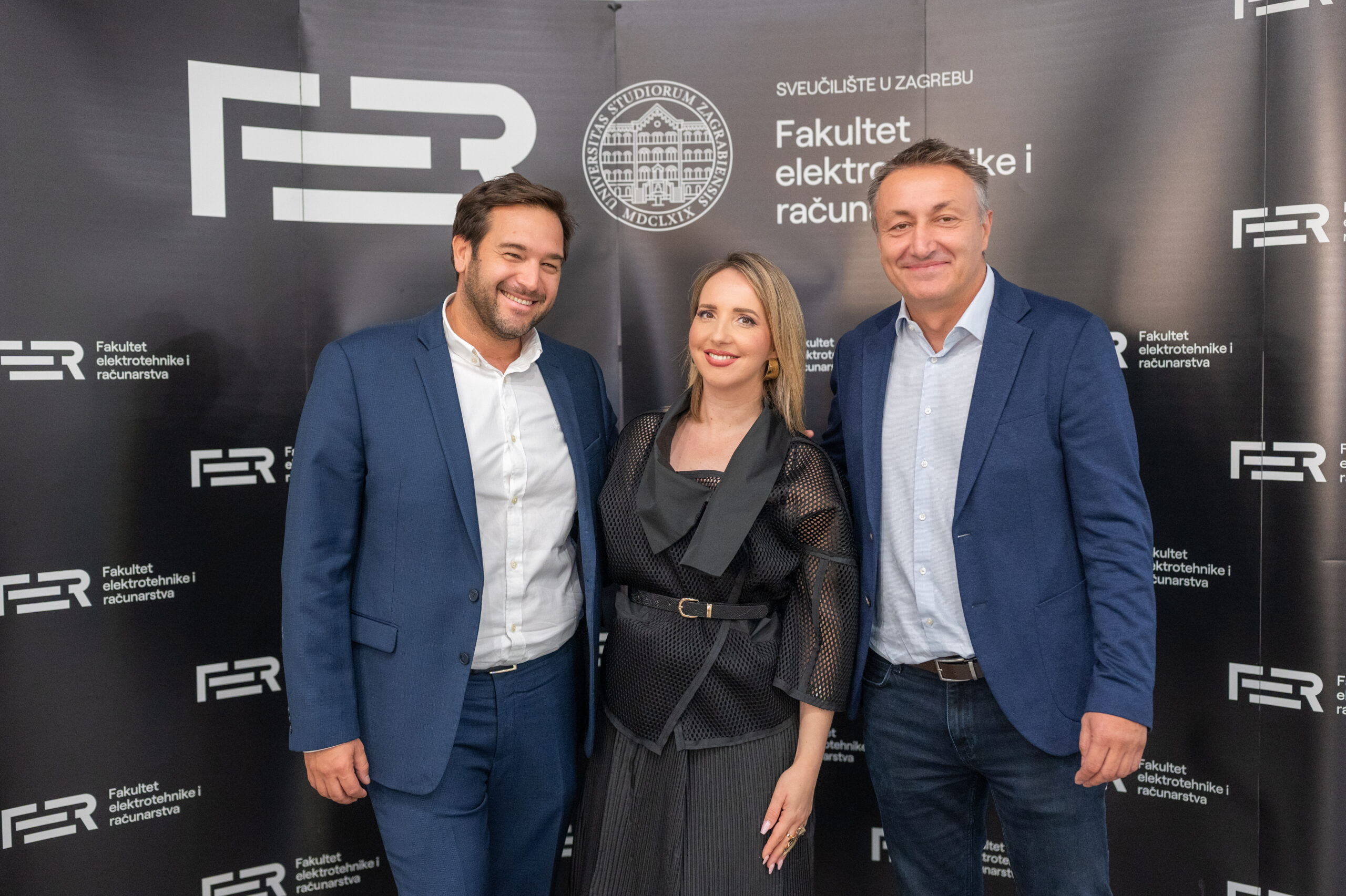
PHOTOGALLERY //
https://web.facebook.com/media/set?vanity=HealthHub.HR&set=a.818222547248400




